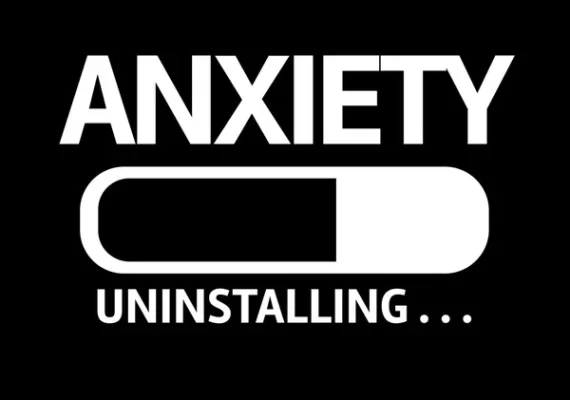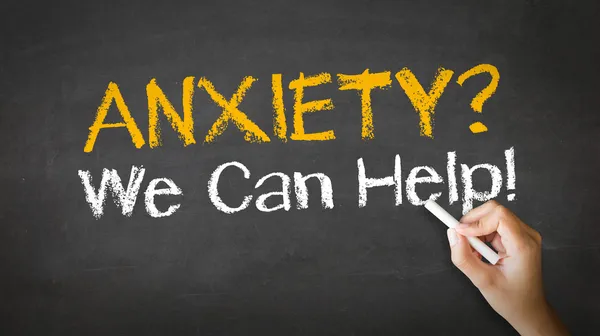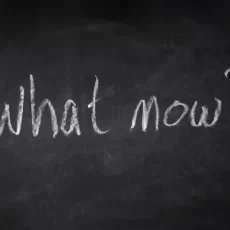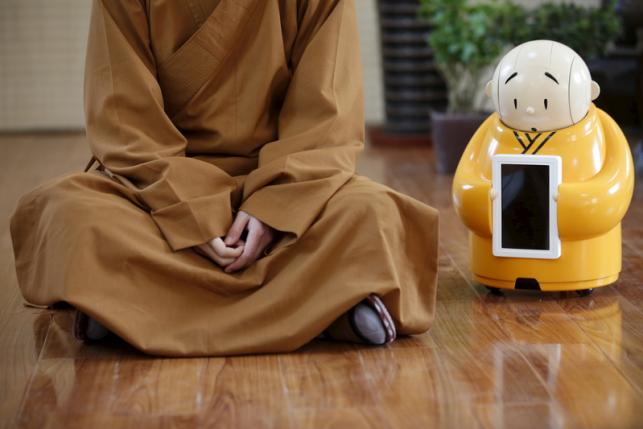“Anxiety does not empty tomorrow of its sorrows, but only empties today of its strength.” —Charles Spurgeon
Are you anxious all the time? Things worry you no end? The past haunts you, the present troubles you, and the future worry you, if you are in this kind of mental state, then your form is worrisome. It is okay to feel anxious, but not all the time. If you feel that you are experiencing one or more of these symptoms in your daily life or to an intense degree, you may have an anxiety disorder.
The situation is more troublesome when you are not aware of it and are venting on everyone around you. Agree, that all of us are anxious at some or other point in time, in some difficult situations, sudden loss, or getting caught unaware of some unpleasant happening. All this negatively impacts your physical as well as mental well-being. Anxiety can cause many different symptoms. It might affect how you feel physically, and mentally, and how you behave. It is not always easy to recognize when anxiety is the reason you are feeling or acting differently.

If you are under a spell of acute and intense anxiety, it might be the symptoms of a panic attack. Other symptoms may include:
- A racing heartbeat
- Feeling faint, dizzy, or lightheaded
- Feeling that you are losing control
- Sweating, trembling, or shaking
- Shortness of breath or breathing very quickly
- A tingling in your fingers or lips
- Feeling sick (nausea)
A panic attack usually lasts 5 to 30 minutes. They can be frightening, but they are not dangerous and should not harm you.
“Anxiety is a thin stream of fear trickling through the mind. If encouraged, it cuts a channel into which all other thoughts are drained.” —Arthur Somers Roche
The Anxiety and Depression Association of America has encapsulated the state beautifully:
“The thoughts you resist persist.”
You can try these steps instead:
Recognize and understand your anxiety: Tell yourself, “My nervous system is kicking into high gear because I’m worried about it.”
Do not criticize yourself for those feelings: Instead, say, “This is a normal, healthy response by my body to these circumstances, which are complicated, stressful, or difficult. It is OK to feel this way.”
Know that you can have anxiety and still function well: “You can perform very well with anxiety, and probably have done so before. ”

Think back to a time when you were anxious but did what you needed to do anyway. Maybe you were filled with anxiety before an event or a meeting. But later, someone said you did a great job.
While experiencing symptoms of anxiety, you need to analyze what could make you less anxious and help you to become more productive and successful.
Learn to be more present and feel:
- Calmer
- More in control
- Happier and more connected
You need to appreciate that the present is all we have, every precious second and nano-second is ours to do with it what we want. However, that only happens when we live in the now mentally and exert control over our thoughts and feelings. Being more present is a good two-for-one deal in that it both helps decrease anxiety and increase pleasure.
While discussing this, we will advise you to go for professional medical help as it is a serious condition. Here, you are not suffering from conventional physical disease, hence you should have complete knowledge about your condition. You should be aware of fine details about your condition, hence as a first measure, recognize the purpose of anxiety.

You should understand that anxiety is rooted in a perception of a physical or emotional threat to self.
The key word here is perception.
If you are going to a party, you have been dying to attend for ages; you will feel differently about it than if your partner is dragging you to this same party.
Anxiety is an evolutionary inner experience that helps us survive. It has no other function.
When it works optimally, it keeps us alive and thriving.
As a f2222irst measure, let me tell you that mindfulness increases attention to now and makes us less anxious. You should start practising now, several meditation experts can help you here.
There is nowhere we can ever be physically other than in the present. When our minds drift back to the past or catapult into the future unintentionally, we lose touch with the current moment.
To thwart this dynamic, pay attention to what you are doing, whether it is doing kitchen work, watering your plants, or you are stuck in traffic while going to the office or waiting for an appointment at your favourite salon.

Here you can choose to remain present by looking around and noticing the details of your surroundings.
You can keep your thoughts from drifting toward future events when doing an important task.
Live life one experience or moment at a time.
The problem with chronic anxiety is that even when we get to whatever point in the future, we have been anxious about, we are still not present.
Because by then, we are anticipating and trying to project control over the next situation or the one after that. By being mindful, we experience life to its fullest extent moment by moment.
This way you can experience happiness and become happyHo.





